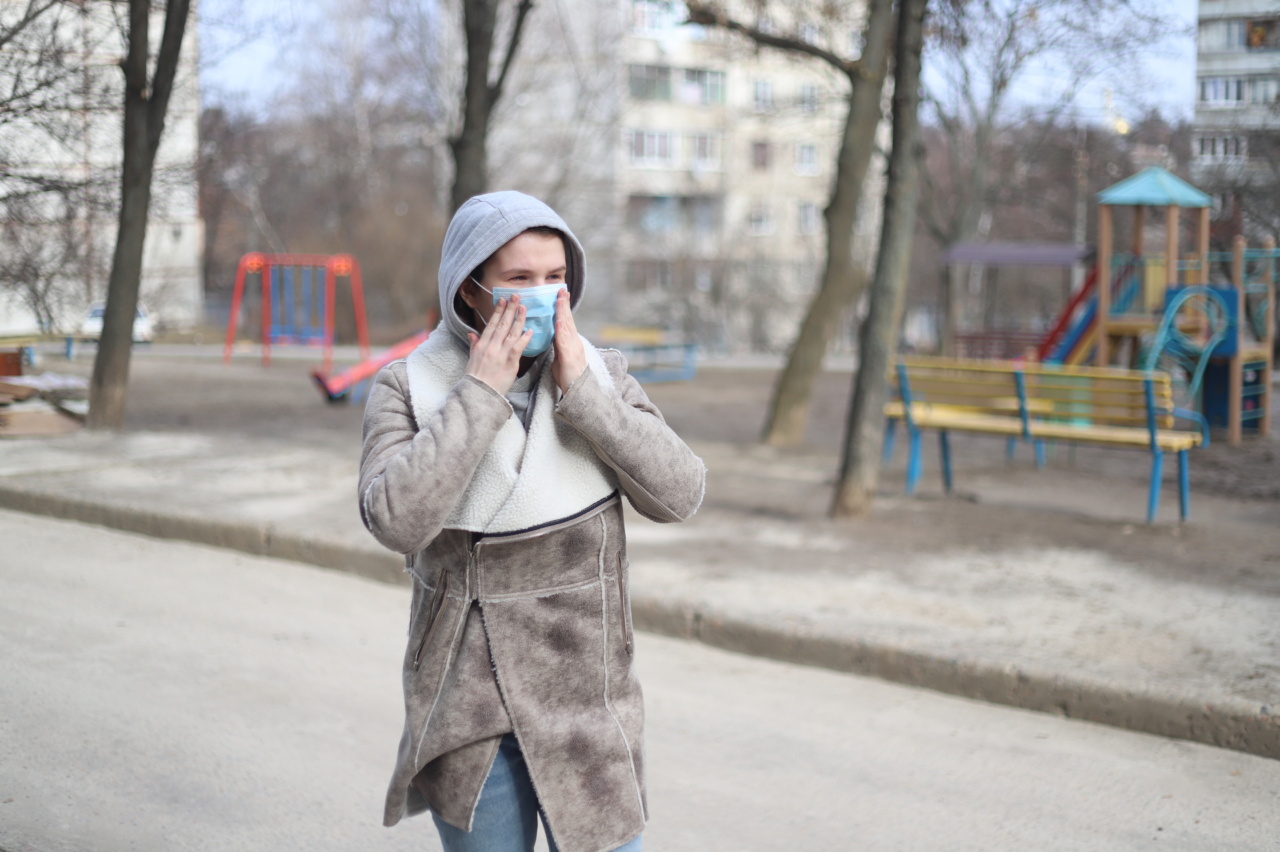With the cold and flu season just around the corner, it’s essential to take the necessary precautions to keep yourself and your loved ones healthy and free from these common illnesses.
While no prevention method can guarantee complete protection, there are several proactive steps you can take to minimize your risk. In this ultimate guide, we will discuss the most effective strategies for preventing colds and flu.
1. Wash Your Hands Frequently
Proper hand hygiene is the first line of defense against colds and flu. Wash your hands with soap and water for at least 20 seconds, especially after visiting public places, using the restroom, or before meals.
If soap and water are not available, use an alcohol-based hand sanitizer with at least 60% alcohol content.
2. Avoid Touching Your Face
Our hands come into contact with various surfaces throughout the day, making them potential carriers of viruses. Avoid touching your face, particularly your eyes, nose, and mouth, as these are common entry points for viruses.
If you need to touch your face, wash your hands thoroughly beforehand.
3. Practice Respiratory Hygiene
When coughing or sneezing, cover your mouth and nose with a tissue or your elbow rather than your hands. This prevents the spread of respiratory droplets containing viruses. Dispose of used tissues immediately and wash your hands afterward.
4. Maintain a Healthy Lifestyle
A strong immune system plays a crucial role in preventing colds and flu. Maintain a healthy lifestyle by eating a balanced diet, exercising regularly, getting enough sleep, and managing stress.
Adequate hydration is also essential, so ensure you drink enough water throughout the day.
5. Get Vaccinated
One of the most effective ways to prevent the flu is by getting an annual flu vaccine. Vaccines help your body develop immunity against specific flu viruses.
Consult with your healthcare provider to determine the appropriate vaccine for you and your family members.
6. Keep Your Environment Clean
Regularly disinfect frequently touched surfaces such as doorknobs, light switches, countertops, and electronic devices. Use disinfectants that are effective against viruses.
Additionally, keep your living space well-ventilated to minimize the concentration of airborne viruses.
7. Practice Social Distancing
During flu outbreaks or the spread of contagious diseases, avoid close contact with individuals experiencing flu-like symptoms. Maintain a distance of at least six feet from those who are sick to reduce the risk of virus transmission.
8. Boost Your Immune System
In addition to practicing a healthy lifestyle, you can give your immune system an extra boost by consuming immune-boosting foods and supplements. Incorporate foods rich in vitamin C, vitamin D, zinc, and antioxidants into your diet.
Consult a healthcare professional for guidance on appropriate supplements.
9. Stay Home When You’re Sick
If you develop symptoms of a cold or flu, such as fever, cough, sore throat, or body aches, it’s crucial to stay home and rest. Going to work or school when you’re sick increases the risk of infecting others.
Take care of yourself and protect those around you by minimizing contact until you’re fully recovered.
10. Educate Yourself and Others
Stay informed about the latest developments in cold and flu prevention. Educate yourself and others about the importance of preventive measures, including proper hand hygiene, vaccination, and respiratory etiquette.
By sharing accurate information, we can collectively minimize the impact of colds and flu.





























